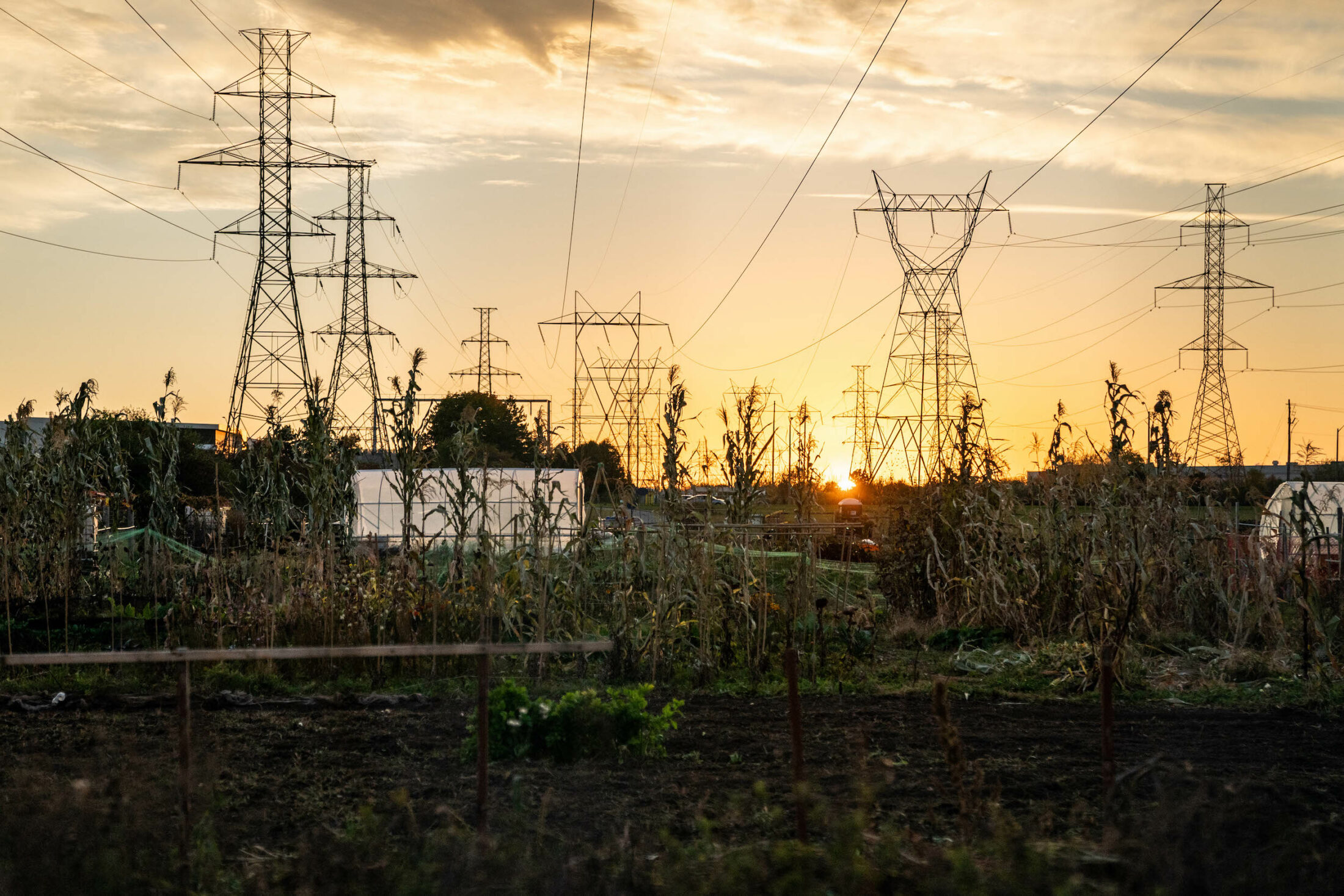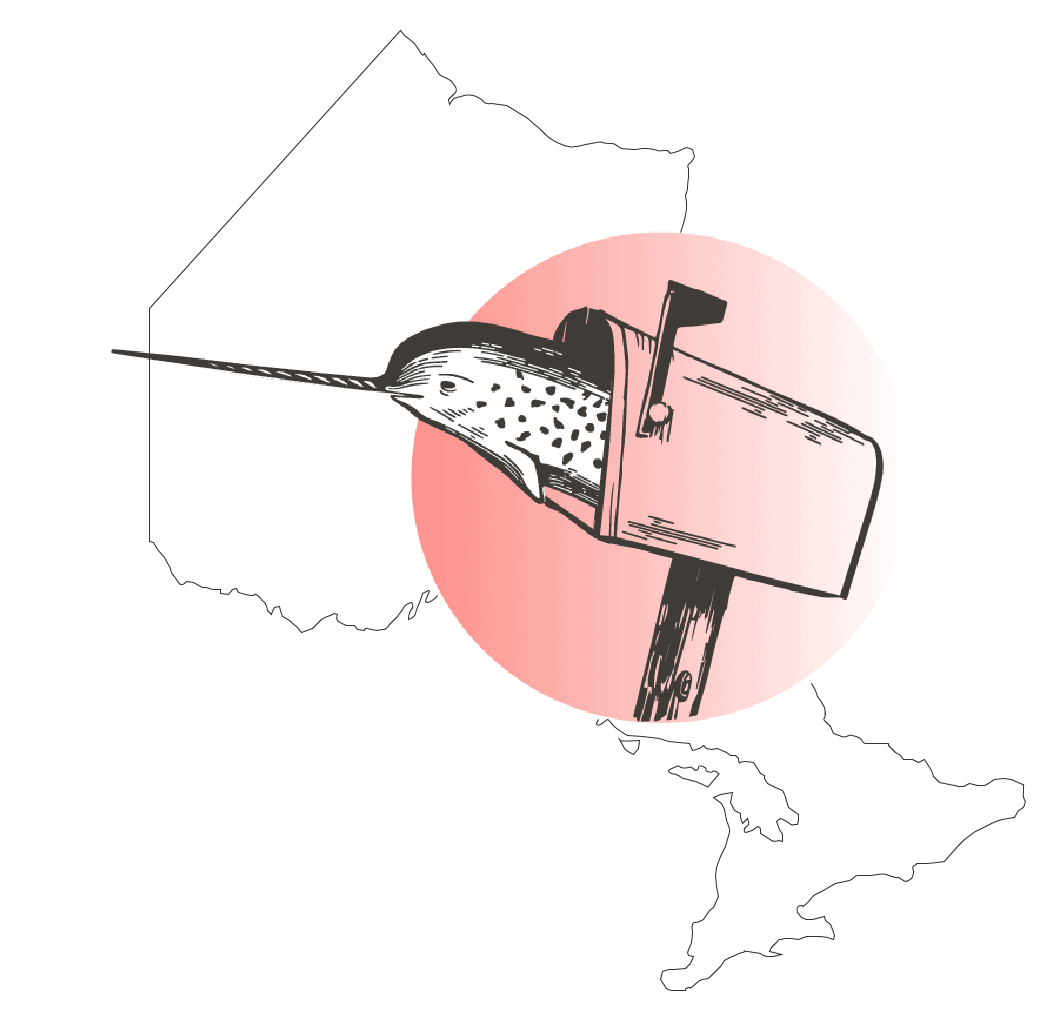Get the inside scoop on The Narwhal’s environment and climate reporting by signing up for our free newsletter.
The Ontario government has pushed forward plans to boost natural gas generation to meet soaring energy demand, despite receiving expert advice to “plan a partial abandonment” of gas infrastructure by 2050.
The expert advice came in a report commissioned by the Doug Ford government but never released publicly. The Narwhal has reviewed a copy of the independent study, which was valued at up to $1.5 million according to the request for proposals. The study was also repeatedly touted by former energy minister Todd Smith in government documents and press releases as pivotal to the government’s ability to “make the best strategic decisions to reform our long-term energy planning process to serve Ontarians and prepare our province for the energy system of the future.”
Ontario currently doesn’t have enough power to supply the projected rise in demand of 75 per cent by 2050. In an effort to address this challenge, in 2022 the Doug Ford government sought independent experts to conduct the “cost-effective energy pathways study” — a detailed exploration of the “plausible or most useful” ways Ontario could decarbonize its energy systems by 2050.
In February 2023, the Ford government awarded the contract to two energy consulting firms, ESMIA Consultants and Dunsky Energy + Climate Advisors. In a press release, the companies said they would identify “no-regret actions” along with any barriers to implementing them.
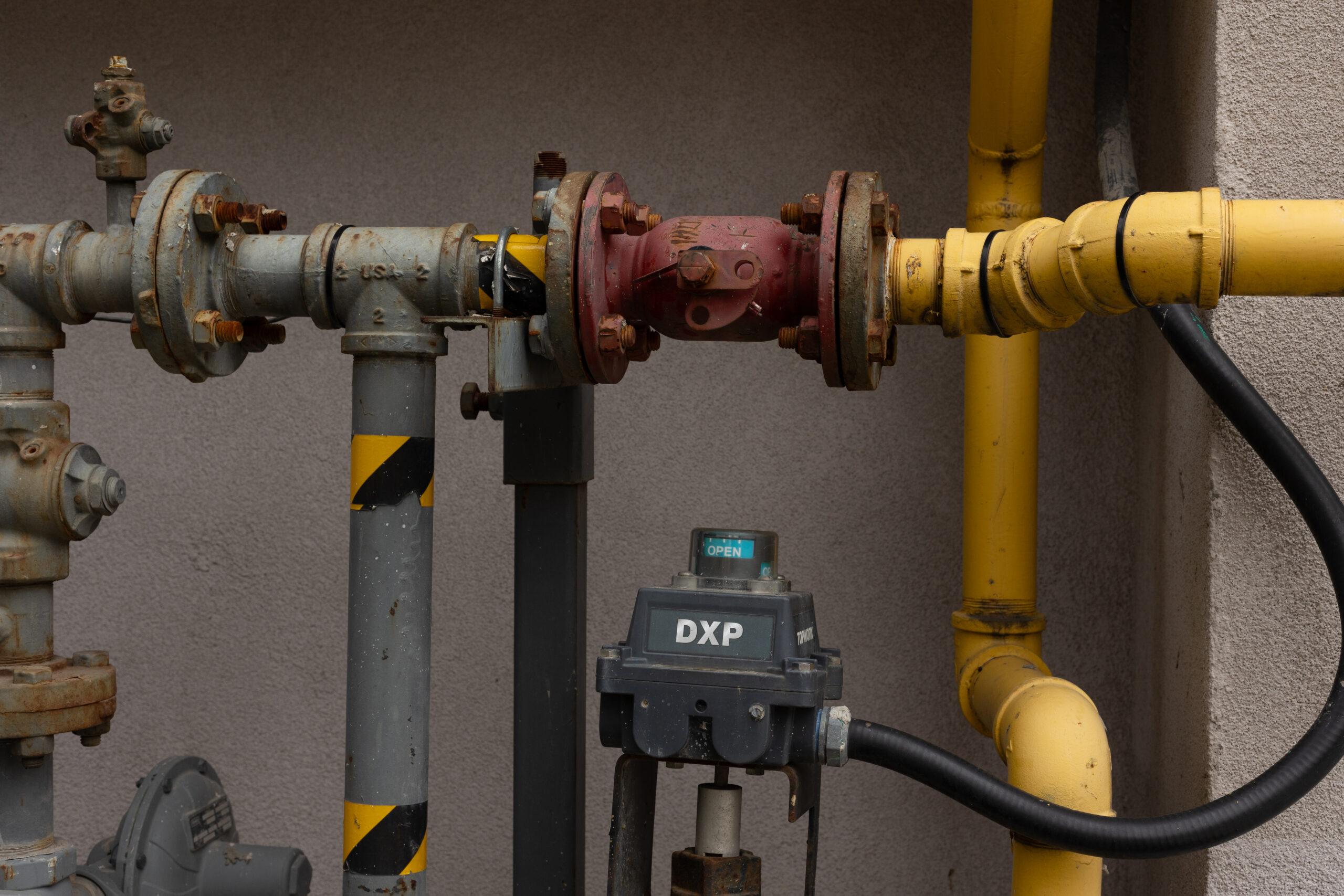
The Narwhal has learned the companies submitted a 44-page report to the government in August 2024, which has been shared internally and with energy officials, including at the Independent Electricity System Operator and the Ontario Energy Board.
The Narwhal sent a detailed list of questions to Energy Minister Stephen Lecce’s office, the Ontario Ministry of Energy and Premier Doug Ford’s office. No one in government responded by the time of publication, despite repeated phone calls and follow-up emails. The Independent Electricity System Operator, ESMIA and Dunsky said in separate emails they could not comment on a report that hasn’t been released publicly and referred The Narwhal to the energy minister. Two energy industry groups told The Narwhal they understood the report to be “confidential” to the government. A representative from one said, “our understanding is the report has not been made public and may never be published.”
The report analyzes 18 different pathways to a net-zero grid in Ontario — an energy system that results in no greenhouse gas emissions or offsets its emissions. And it identifies four key pillars for getting there: reduce demand, move away from fossil fuels, increase generation and sequester emissions.
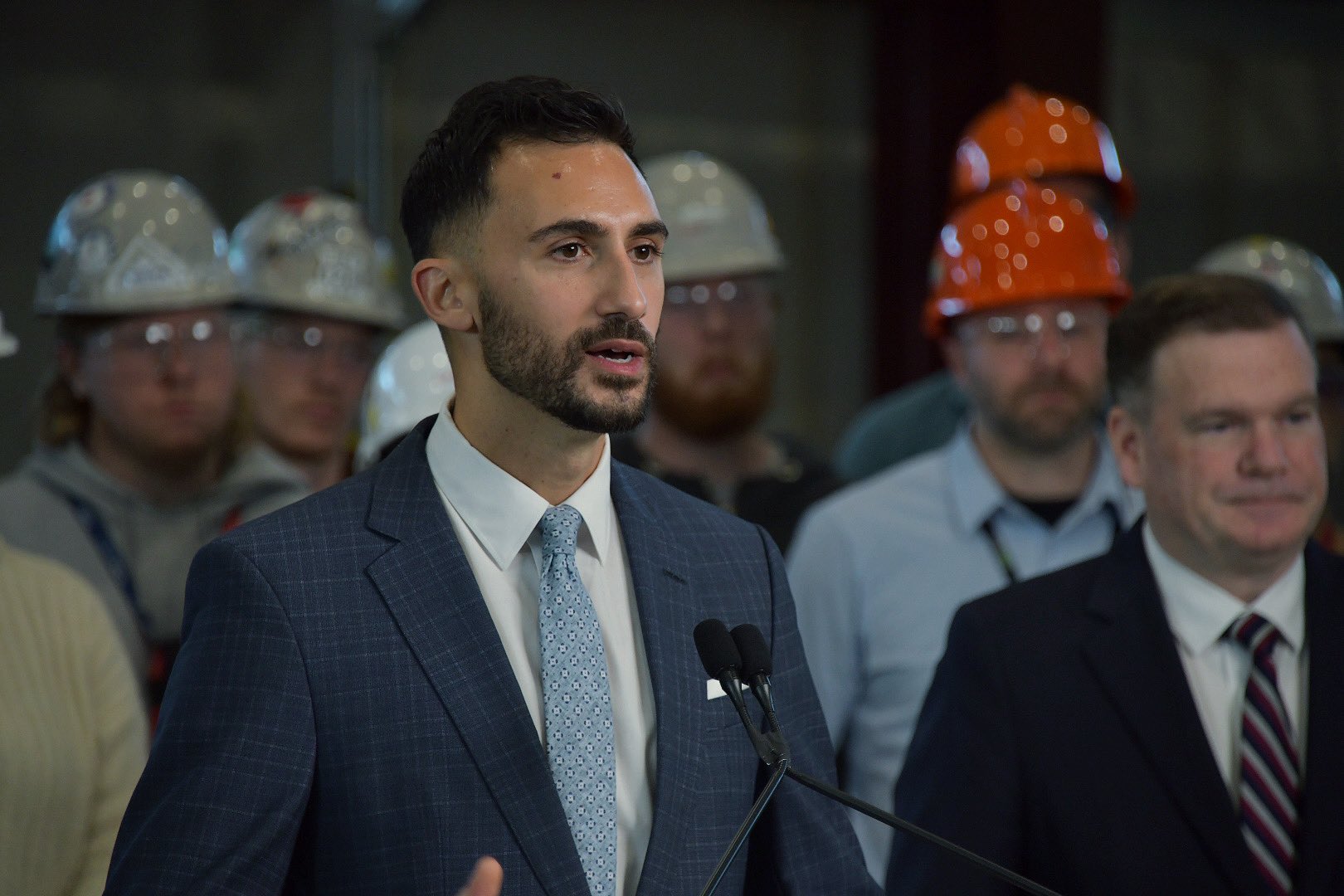
Report suggests Ontario move away from natural gas, but province moves toward it
The expert report states, “natural gas is mostly phased out in all pathways” to net-zero, finding the methane-heavy fossil fuel should no longer be used in buildings, and mostly be removed from transportation. It predicts gas will continue to be used marginally for heating by 2050, and it urges the government to strongly promote the adoption of electric heat pumps.
Electricity, the report says, should come in large part from nuclear generation, which could make up 64 per cent of the energy supply by 2050, up from 35 per cent capacity today. And significantly, the report recommends Ontario increase wind energy five-fold.
If these investments and recommendations are made, particularly “no new natural gas procurement,” the report expects Ontario will reach its 2030 emissions-reduction target.
“Significant action is required to meet net-zero,” the report says. It found current policies “fall significantly short of achieving net-zero by 2050.”
It is unclear how this report has informed the Ford government’s energy plans, which adopt an “all-of-the-above” approach that includes renewable energy but also a large increase in natural gas to mitigate the energy supply gap. The move has already made Ontario’s grid dirtier: in 2021, the electricity system was 94 per cent emissions-free, but that is now down to 87 per cent.
Two sources familiar with the report but unauthorized to speak publicly told The Narwhal the report’s findings aren’t surprising, despite the contradiction with the government’s position on natural gas expansion.
“The independent analysis just doesn’t align with some of the big energy decisions the government is intent on proceeding with,” one of the sources said.
Having been briefed on the report by officials who reviewed it, Ontario Greens Leader Mike Schreiner told The Narwhal, “The government is ignoring expert advice on how to keep people’s energy bills lower, and keep climate pollution lower.”
“Ford’s Conservatives have spent six and a half years pretending climate change isn’t happening and this report just confirms how flawed their approach is,” Marit Stiles, Ontario NDP leader, told The Narwhal in a statement. “Despite their own experts advising them to shift away from natural gas and towards clean energy, they continue to invest and expand our reliance on fossil fuels.”
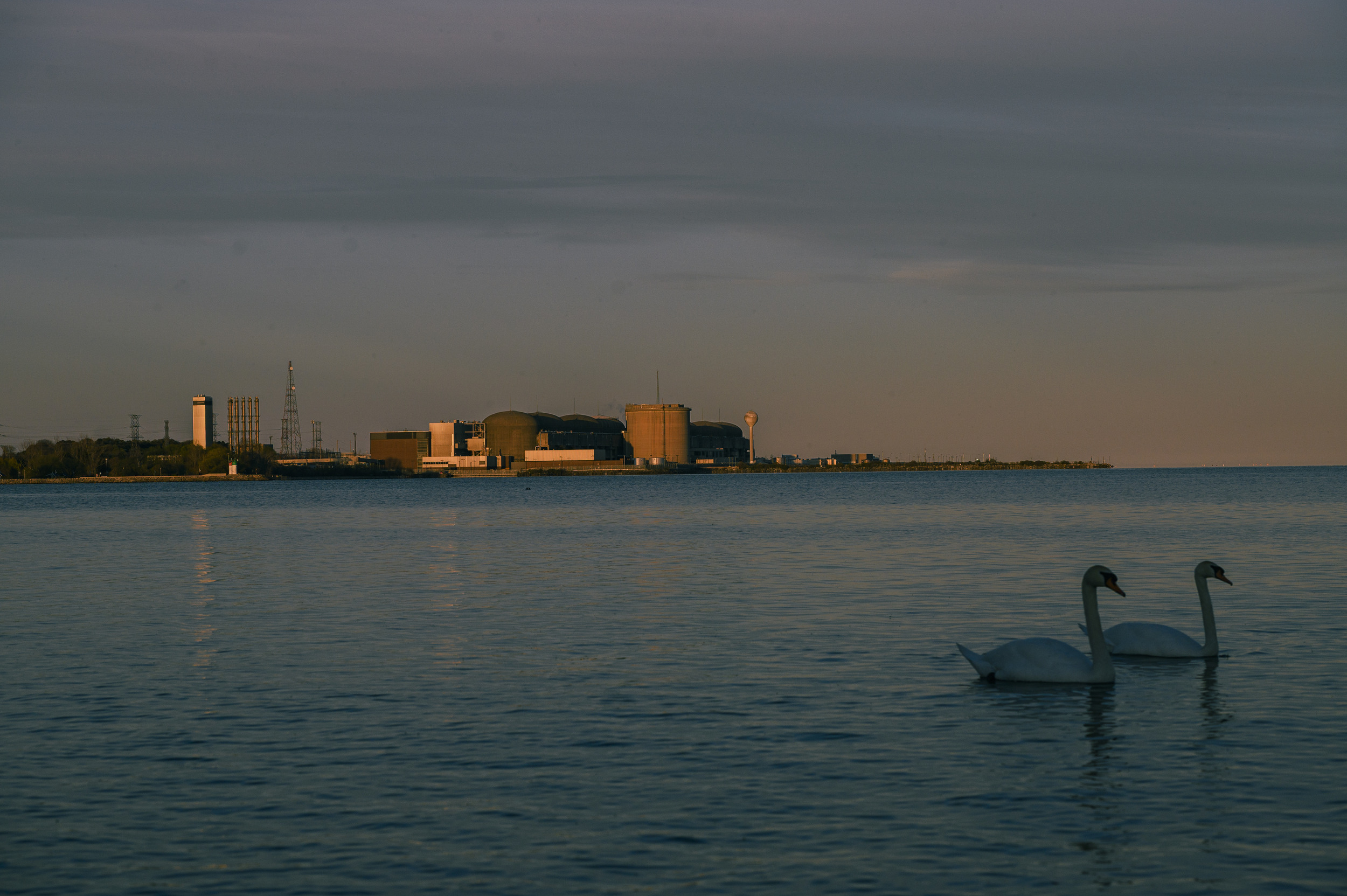
Costs of energy transition on consumers can be mitigated with ‘timely decision-making and investment support,’ expert report says
The report projects a number of hurdles along Ontario’s path to a clean energy future, notably that industry would be “a last-mover to reach net-zero.” But it finds the energy transition will not hugely increase costs to consumers by 2050 if the government is able to increase nuclear and wind energy quickly, and urge residents to rapidly switch from gas to electric heating.
The report recognizes natural gas may still be needed in communities where there are barriers to electrification. But it repeatedly identifies a significant drop in demand for natural gas heating by 2050 and urges the government to “plan a partial abandonment” of gas infrastructure in anticipation of that shift, in order to limit costs.
The government has, however, been moving in the other direction. Over the past few years, the Ford government has worked with Enbridge Gas to expand its delivery across the province, including overruling the Ontario Energy Board’s decision to require the company to pay the cost of new gas infrastructure rather than applying it to new homeowners’ bills. Like the report, the board identified a coming shift away from natural gas that will render the infrastructure used to extract and transport it obsolete.
Ontario worried about ‘substantial’ costs to Enbridge Gas in deciding to overrule energy board: docs
The Ford government has newly committed to significantly expanding renewable energy — a stark reversal from when the Ford government came to power in 2018 and cancelled 758 renewable energy contracts worth $231 million, as well as a wind farm already under construction and a number of energy conservation schemes that could have reduced demand.
“It’s interesting that wind has not been emphasized in recent [Ontario] energy policy decisions given the large role it has in [this report],” the second source who reviewed the expert document told The Narwhal. No new wind projects have yet been greenlit and the province says it won’t push through developments opposed by local councils, despite the report’s urging that they be accelerated drastically.
“The energy transition’s positive outcomes on energy affordability and societal co-benefits, such as improved human health and agricultural productivity … will offset energy investment costs,” the report says. “In the absence of timely decision-making and investment support, the cost of implementing solutions for 2050 may become higher, and the risk of not meeting net-zero increases.”
